Books

This memoir covers 14 years – 1976 to 1989 – and tells three stories: a coming-of-age story, a love story,
and a geopolitical story. And in doing so it captures three heydays: journalism’s in the wake of Watergate, Poland’s during the final
decade of the Cold War, and travel writing’s in the ’70s and ’80s.
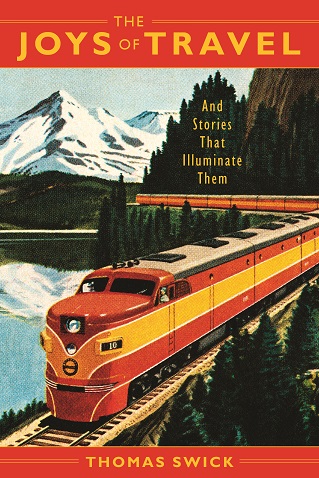
This book examines, through essays and stories, what I consider the seven fundamental pleasures of travel: anticipation, movement,
break from routine, novelty, discovery, emotional connection, and heightened appreciation of home. It is part meditation on the meaning of travel, part memoir,
and part advice book, giving tips to people on how they can make the most out of their own trips.
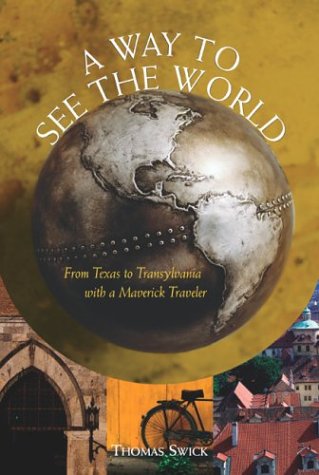
A collection of essays and stories that celebrate the everyday aspects of travel and the unsung places of the globe.
The stories are as much about the people I meet as they are about the places they inhabit, and suggest that travel is
less about seeing than it is about connecting. (And that the latter is often easier in places most tourists ignore.)
The book was awarded a silver medal for travel books from ForeWord magazine.
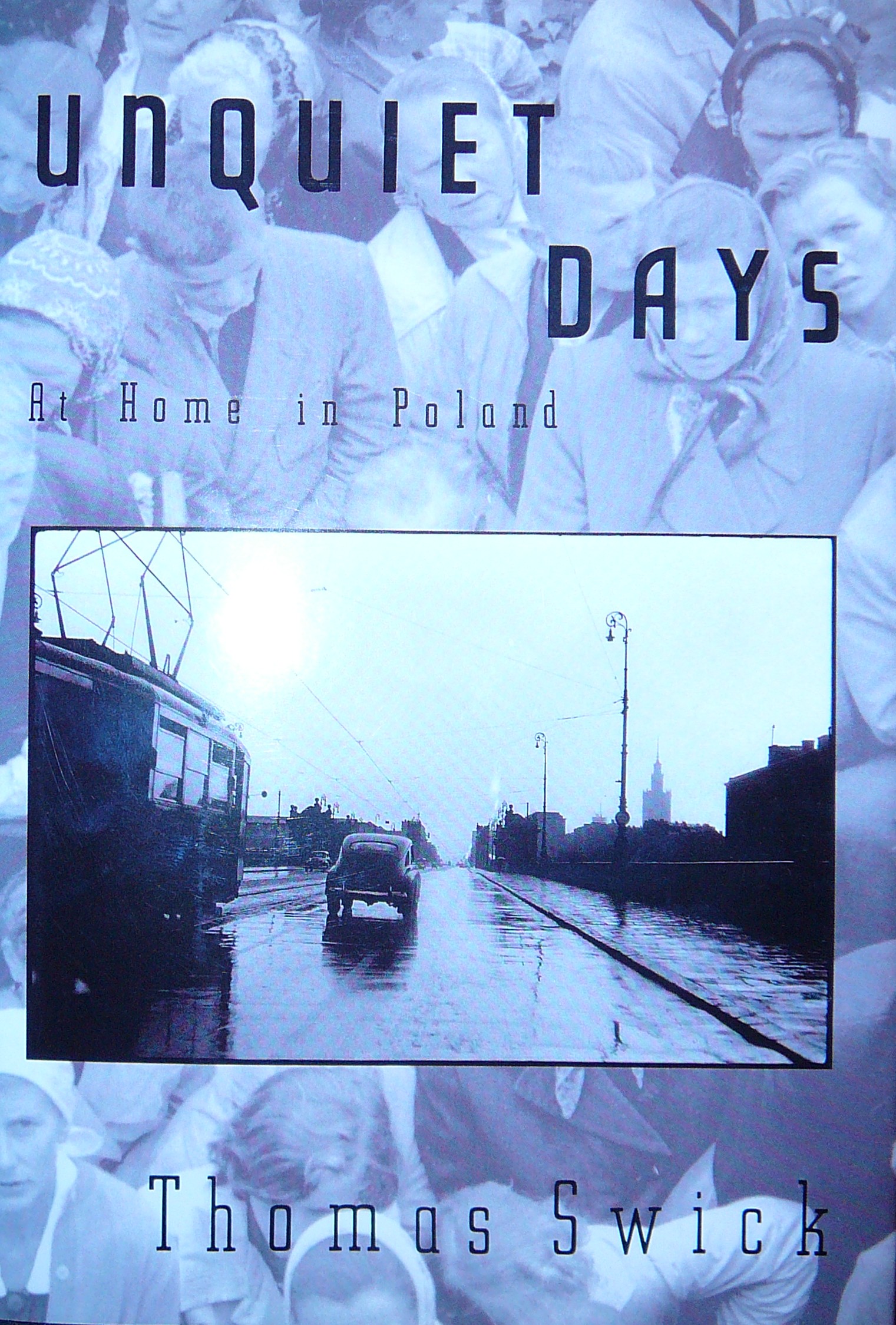
A travel memoir of the two and a half years I lived in Poland, this book is both a chronicle of a historic time
(the periods of Solidarity and martial law) and a loving tribute to an oft-forgotten people. It begins with a detailed portrait
of Warsaw through the four seasons and ends with an account of the nine-day pilgrimage to Czestochowa.
Anthologies
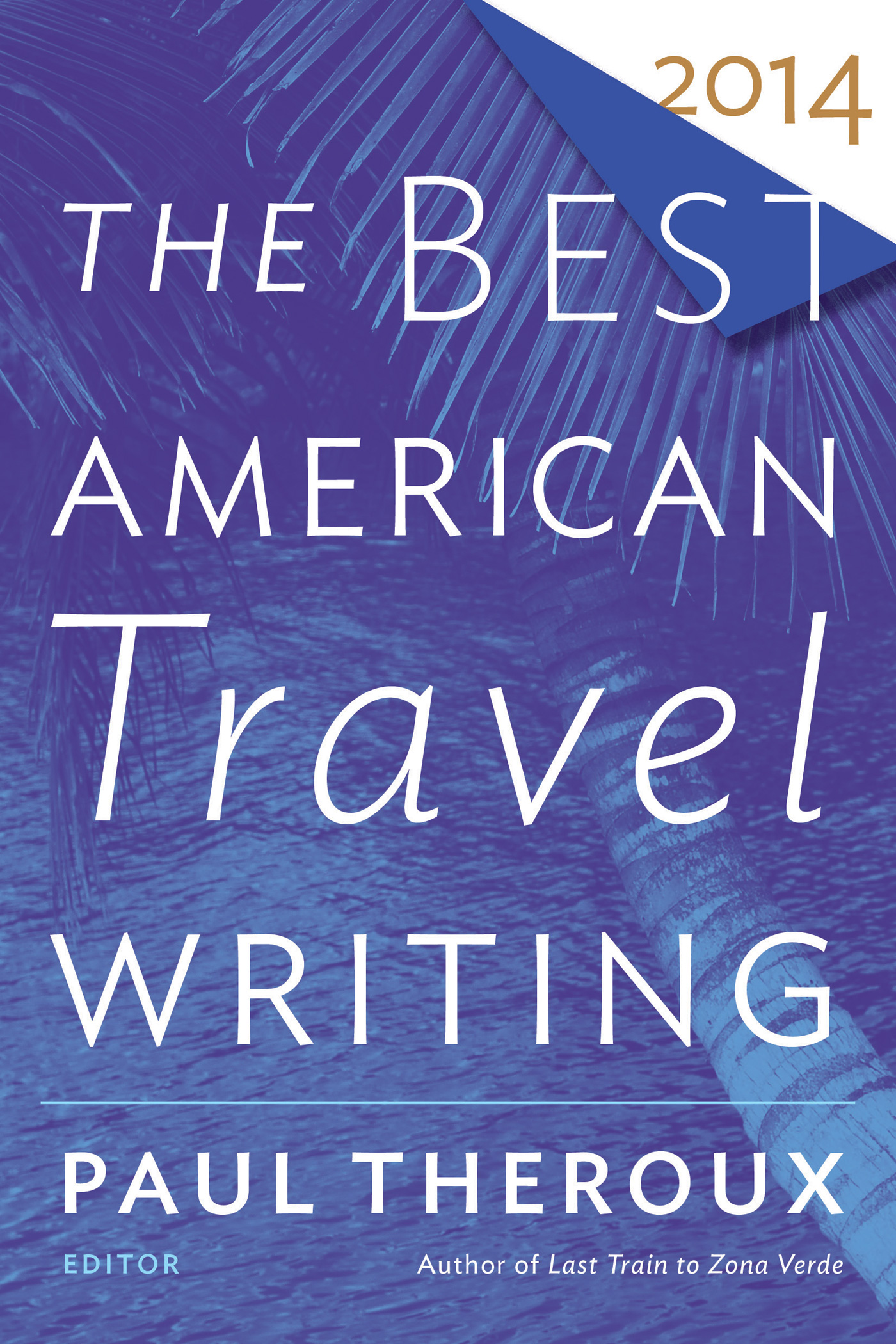
An essay on travel’s emotional connections and misconnections.
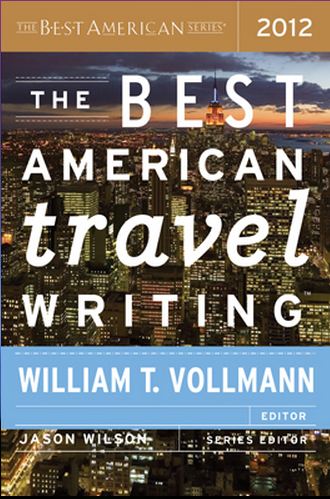
"My Days with the Anti-Mafia” takes place in Palermo, Sicily, where I stay in an anti-Mafia bed & breakfast,
tour the city with a member of the anti-Mafia organization Addiopizzo, visit one of Italy’s worst slums, and experience a tense,
uncomfortable moment with a Mafioso.
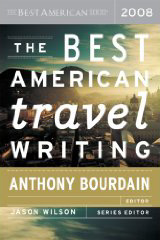
"Have Book, Will Travel" is a look at a much-maligned institution - the author tour - from the road-happy perspective
of a travel writer, with reflections on travel, the state of reading in America, the similarities between lodging and publishing,
and the unsung beauty of the Midwest.
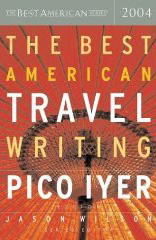
"Faces in a Crowd" presents the city of Sao Paulo, Brazil, through the prism of immigration, my friend Lilian -
whose parents arrived from Taiwan - serving as the perfect guide and muse.
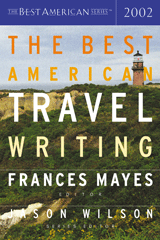
"Stolen Blessings" is an essay on 9/11 and how it changed the world - and the world's perception - of travel.
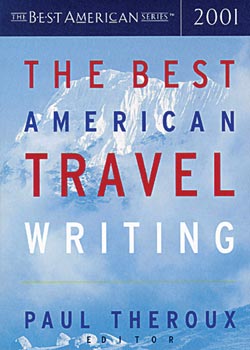
"Croatian Rock" covers my visit to the Dalmatian coast five years after Croatia's involvement in the war and a few years
before tourism became big. After the sullen streets of Split, things picked up on the island of Hvar, where my sole contact was a former
rock singer. (This story appears in expanded form - with a section on Dubrovnik - in A Way to See the World.)
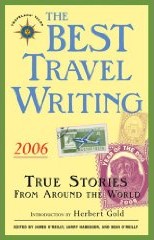
"The Place You Could Be Looking For" tells the story of a stay at The Atlanta in Bangkok, a hotel unlike any other in the
world. What it lacks in luxury it makes up for in personality - from the guests to the owner, who doubles as a professor of political
science in England. A kind of anti-Schrager, Dr. Henn boasts that his hotel is "untouched by pop culture and post-modern vulgarity."

"Havel's City" is an exploration of the Czech capital one year after the Berlin Wall came down.